Dallas
214-456-2768
Fax: 214-456-2554
EEG/EMU
Plano
469-303-0055
Fax: 469-303-0655
EEG/EMU
469-303-2740
Fax: 469-303-0671
Children's Health offers care from some of the nation’s top experts in pediatric epilepsy. We provide the most advanced epilepsy procedures and therapies available. The nationally recognized epilepsy centers at our Dallas and Plano locations mean that you can expect the highest quality of care for your child.
214-456-2768
Fax: 214-456-2554
469-303-0055
Fax: 469-303-0655
469-303-2740
Fax: 469-303-0671
Children with epilepsy have seizures (quick, uncontrollable disturbances in the brain). A child with epilepsy has a high risk for recurring seizures. Neurons in the brain send out electrical impulses to communicate with each other and with parts of the body. These electrical impulses control everything in the body, like movement and your senses. When too many neurons send out impulses at the same time, the brain can get overloaded. This can cause a seizure.
Epilepsy is more common in young children between the ages of 1 and 5.
There are three main types of epilepsy:
We don’t know what causes epilepsy in 50% of children.
Some epilepsies are genetic, which means that a child has one or more variants on their genes that predisposes them to having seizures. In some cases, a doctor may be able to identify the gene variant(s) through genetic testing, if they feel this information will be helpful in guiding treatment.
This means something in the brain’s structure is causing seizures. This could be the result of a brain injury, including:
Repeated seizures are the symptom most closely associated with epilepsy. Seizures can cause abnormal movements, changes in behavior, loss of consciousness or loss of awareness. Most seizures stop within a minute or two. Some children might have only a few seizures in their whole lives, while other children could have hundreds of seizures a day.
It is not uncommon for children to have seizures due to a fever. This might not indicate that they have epilepsy. When a child has a seizure for the first time, they should either be taken to the emergency room or a pediatrician called if the seizure stops quickly.
Children with epilepsy may also have staring spells (where they don’t respond to their name) or episodes of confusion or unresponsiveness. If you see this in your child, take them to your pediatrician. They will decide if your child should see a neurologist.
If your child is having repeated seizures, your pediatrician or a doctor in the Emergency Department will refer you to a neurologist. A neurologist is a specialist who diagnoses and treats epilepsy and other issues that affect a child’s brain.
A neurologist will give your child a detailed physical and neurological exam and ask you about their past medical history, your family’s medical history, and about what you have noticed about your child’s behavior and their seizures.
They might recommend testing. The tests can include:
Unfortunately, we don’t know what causes epilepsy in about half of children. In the other half of children with epilepsy, causes can include:
Even when a child's epilepsy is under control, they might still experience a seizure triggered by:
There are many ways to treat epilepsy. You and your doctor will talk about the best way to treat your child. Here are some of the treatment options:
With nationally recognized epilepsy centers at our Dallas and Plano locations, Children’s Health℠ offers care from expert neurologists who can help find the right treatment plan for your child.

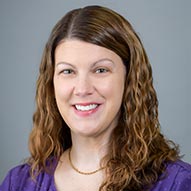
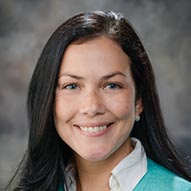


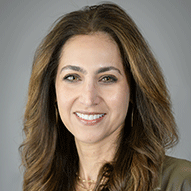
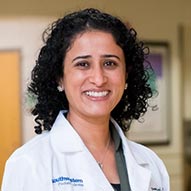
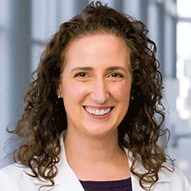


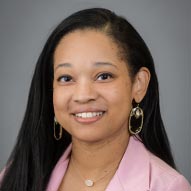
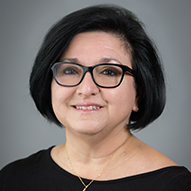


Not every type of epilepsy can be cured. However, there are some types of epilepsy that children grow out of. Also, in some cases, resective surgery can stop all seizures, which can be thought of as a cure.
The only warning sign of epilepsy is repeated seizures.
As a result of the epilepsy or a side effect of the seizure treatment, some children might experience a mental health issue, such as ADHD, depression or anxiety.